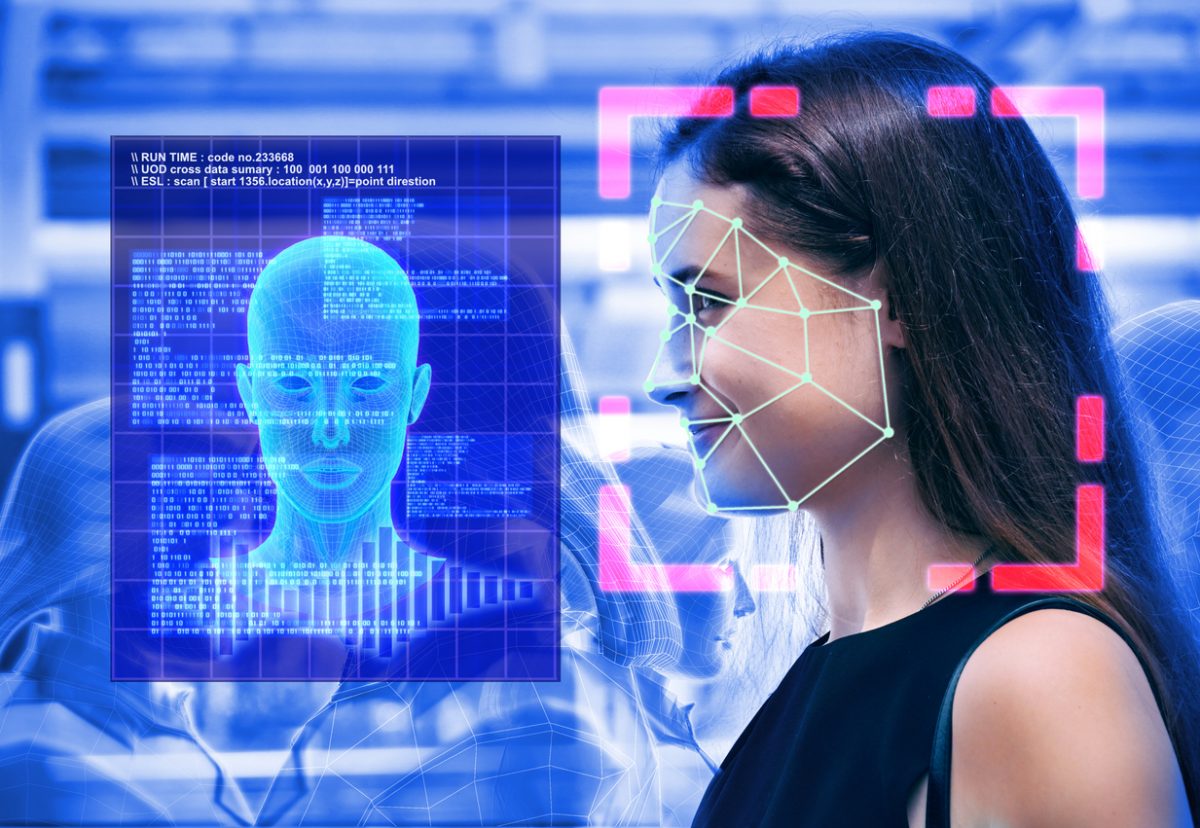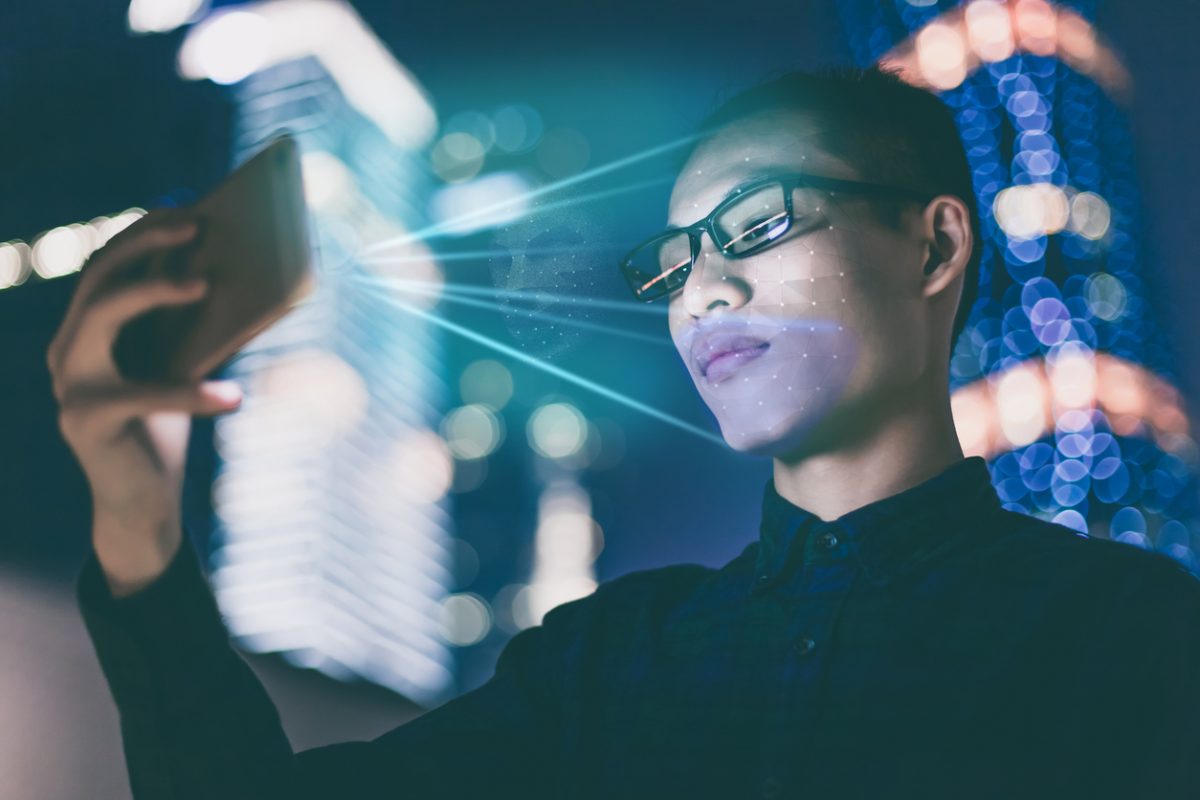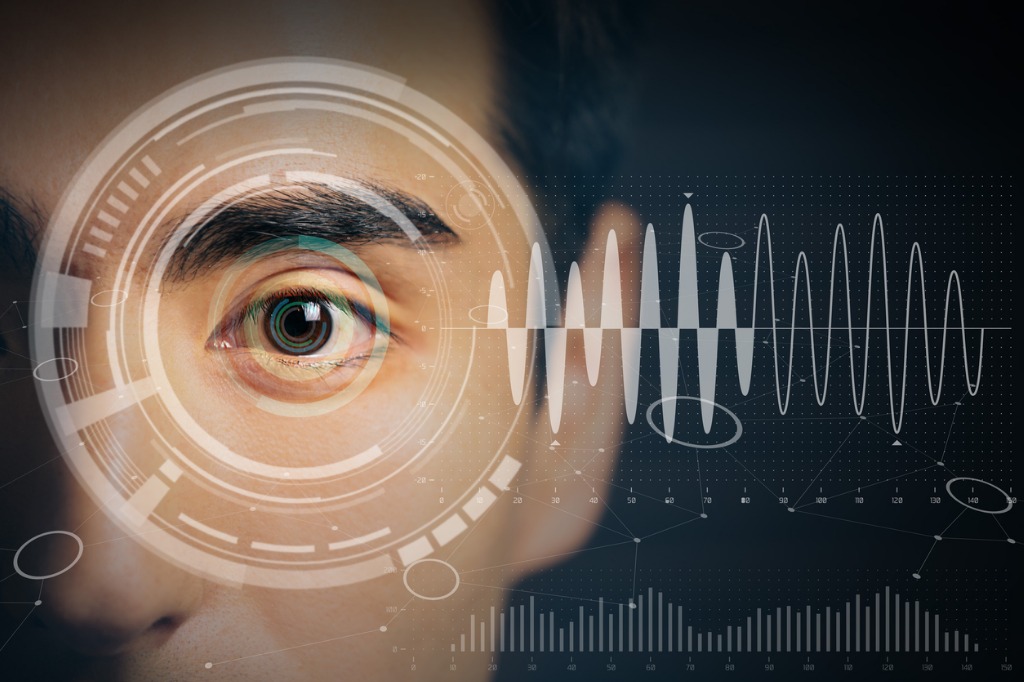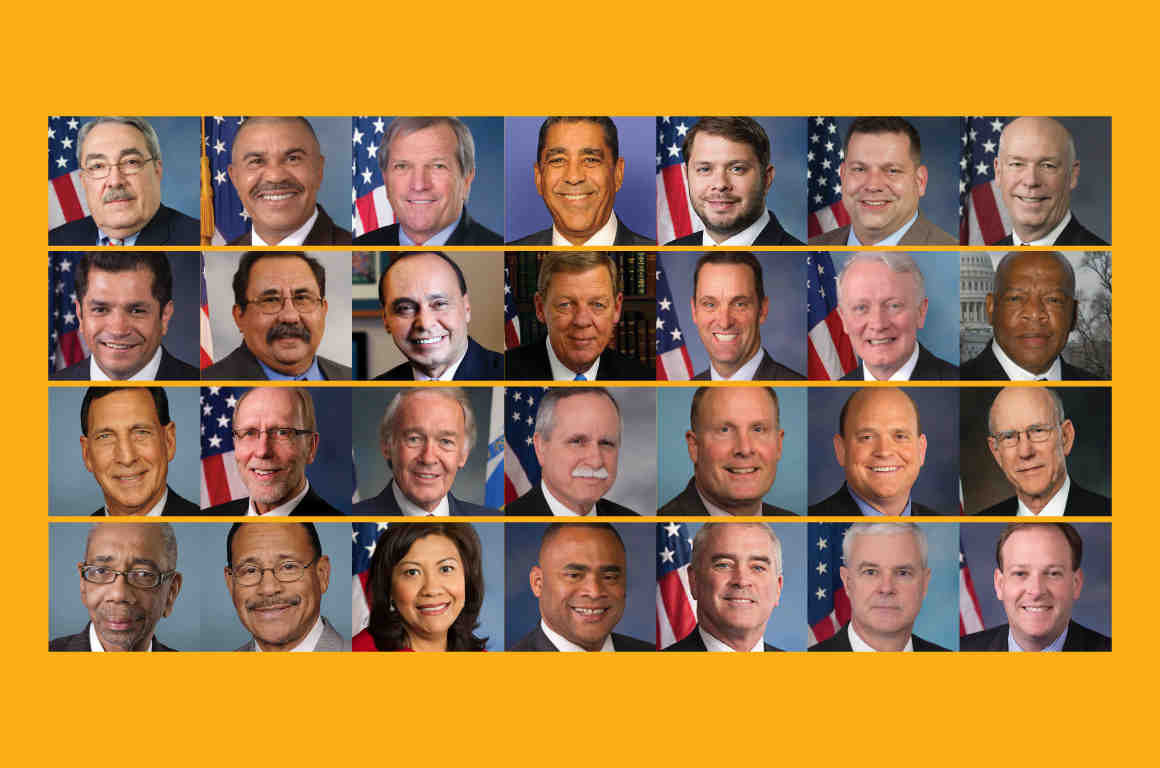Facebook pumps $7.5m into an independent AI ethics centre
An independent AI ethics research centre is set to receive $7.5 million of funding courtesy of the folks at Facebook.
The new research centre is called the Institute for Ethics in Artificial Intelligence and was created in collaboration with the Technical University of Munich (TUM).
Facebook, like many companies, is fighting outside concerns about the development of AI and its potential societal impact. The centre should help to ensure Facebook keeps up with ethical best...










